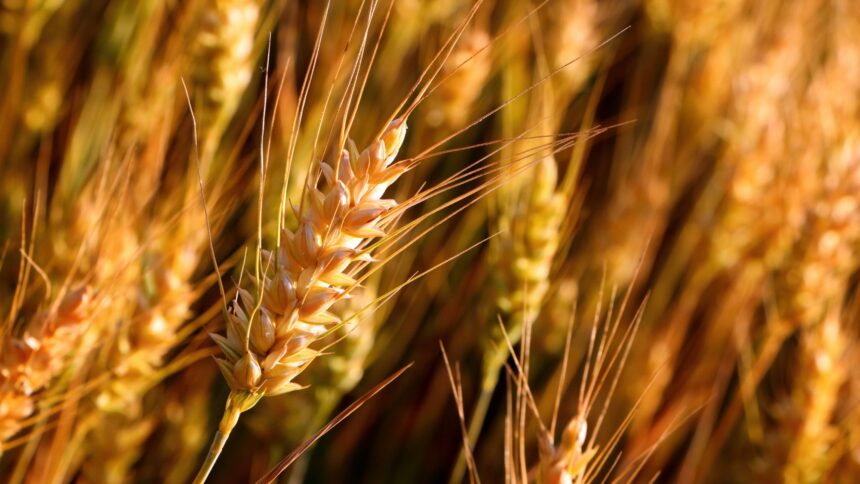The government of Tanzania has earmarked a total of 400,000 hectares of land for wheat cultivation, a move aimed at ending crop shortage in the country.
Hussein Bashe, the Minister of Agriculture, said the 400,000 hectares of land would be cultivated with wheat in wheat-growing regions within three years, beginning in 2022.
According to the Ministry of Agriculture, Tanzania produced 70,000 tons of wheat in 2021, while the country imports between 800,000 tons and 1 million tons of wheat annually amid the availability of arable land and conducive climate to facilitate mass production of the cash crop.
Omary Mgumba, the Songwe regional commissioner, said wheat farmers in the region abandoned cultivating the crop and shifted to growing other crops after wheat prices had dropped.
The government spends US$ 557.4 million annually to import wheat, sugar, maize seeds and crude oil due to lacklustre domestic production of the vital cash crops.
Last year wheat production in the country received a massive state boost when the government reached a consensus with large-scale wheat millers to improve the commercial crop, agreeing to set a minimum price of US$ 0.34 per kilogram of raw wheat.
In addition, it ordered investors holding state wheat farms to resume large-scale farming or forfeit the plantations.
The new agreement also requires millers and other processors to outsource the same volume of wheat from local producers instead of importing.
Former Minister of Agriculture, Prof Adolf Mkenda, announced last year that large-scale millers and other large businesses source wheat, including the Tanzania Breweries Limited (TBL) and the Serengeti Breweries Limited (SBL), will now buy wheat from local producers.
“TBL and SBL agreed to sign a contract with the ministry to buy all the wheat produced by local smallholder farmers… We will adopt special legislation to ensure such contracts are valid and respected,” he said.
Mr Bashe said the ministry is planning to spend at least US$66.5 million in research and development to improve crop production. He said an additional US$1.7 million is required to procure and supply improved wheat seeds among smallholder farmers.
“The best approach we want to take is to improve communication with the private sector that replaces directives and state controls,” he said, insisting that the seeds expected to be supplied to farmers are not Genetically Modified Organisms (GMOs).
He said the Agricultural Seeds Agency (ASA) and Tanzania Agriculture Research Institute (TARI) is working to improve the system, which includes the availability of quality inputs.
He explained that a new system is being implemented, which will help farmers access financial support at an agreed interest rate of 2 per cent.
Speaking to crop stakeholders from various regions that met in the capital Dodoma, Bashe said the Ministry of Agriculture is distributing 50,000 tons of wheat seeds to farmers and urged regional commissioners from wheat-producing areas to oversee the massive cultivation of the cereal without fail.


